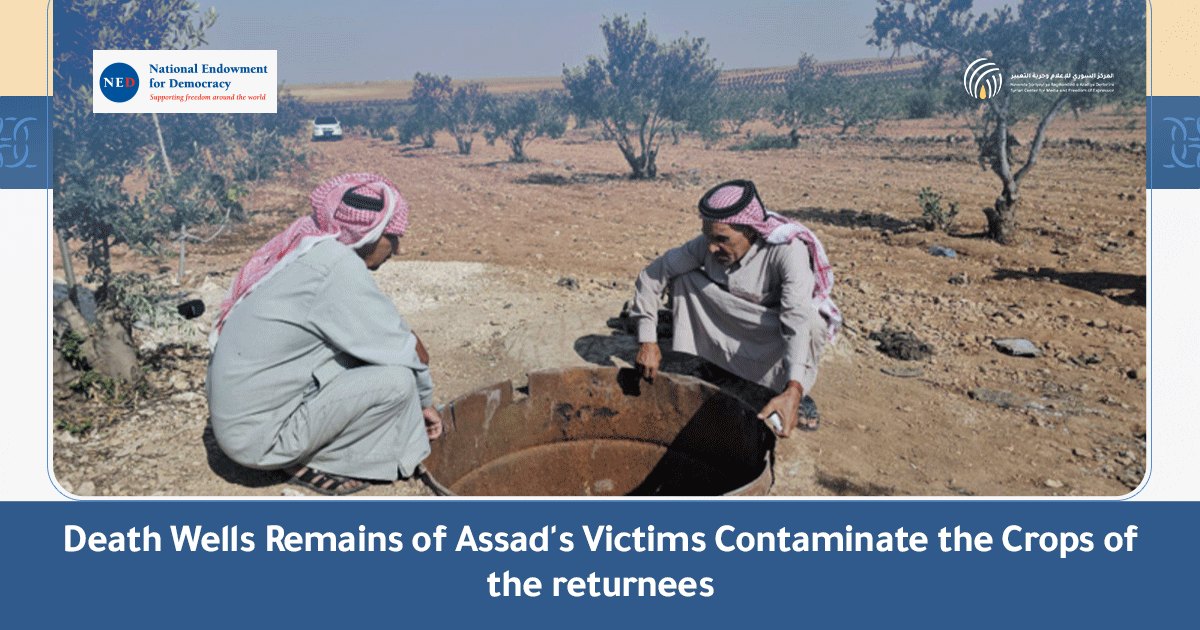ROME — The Italian company criticized for supplying the brutal Syrian regime with telecommunications surveillance equipment has frozen participation in the project and is seeking a way to extricate itself from the contract, Area SpA CEO Andrea Formenti said Wednesday.
“At the moment we have no people down there and the project has made no progress in the last two months,” Formenti told the Milan daily Corriere della Sera. “The interception system has never been activated and cannot be under current circumstances. There has been no repression carried out thanks to our equipment.”
The existence of Area US$18 million contract with the state-owned Syrian Telecommunications Establishment was revealed by the Bloomberg news agency a week ago. Under Project Asfador, named after a man who cold-called the company and encouraged it to bid on the deal in 2008, Syrian security agents would be able to monitor the communications and Web use of opponents to the regime of President Bashar al-Assad, which has killed more than 3,000 people since popular protests broke out in March.
Area had put together the electronic surveillance system using hardware and software for archiving emails provided by California-based NetApp, communications probes provided by Paris-based Qosmos and equipment supplied by Germany Utimaco Safeware that connects tapped telecom lines to Area monitoring-center computers, Bloomberg said.
The system was being set up in Damascus by Area staff sent from Italy and was currently in a test phase, Bloomberg said.
Area was established in 1996 and provides communications monitoring services to the Italian government. Together with three other companies, Innova, RCS and Sio, it is reportedly owed some €160 million (US$217 million) by the Italian justice ministry for telephone taps carried out on the orders of magistrates.
Formenti said Area lawyers were studying the complex legal situation with a view to revoking the contract. Area risked severe financial penalties and there was currently no international embargo on the technology it had agreed to supply, he told the Corriere della Sera.
When the contract was negotiated, Syria was a friendly country and Italy was its largest trading partner, Formenti said.
On Tuesday Syrian dissidents and supporters of the Italian Pirate Party protested outside Area headquarters near Milan Malpensa Airport. Marco Marsili, a spokesman for the Pirates, said it was unacceptable that the Italian government allowed the sale of Area equipment “to one of the most bloodthirsty regimes on the planet,” and called on the European parliament to embargo such exports.
“Any company dealing with exports should consider the human rights implications of what they sell,” said James Lynch, Amnesty International spokesman for the Middle East and North Africa. Amnesty is worried about the large number of people being arrested by Syrian security forces, held incommunicado and tortured, Lynch said.
“The Syrian authorities are very aware of the use of social media by protesters,” Lynch said. “We are aware of at least one case where someone arrested was asked to open his Facebook page to give police access to his contacts.”
Formenti indicated he too would welcome tougher international sanctions on Syria. He said he had spoken to the protesters and assured them that no dissident would be persecuted as a result of Area work.
“I hope international measures will be taken soon to prevent other people from finding themselves in a situation such as ours,” he told the Corriere della Sera.




